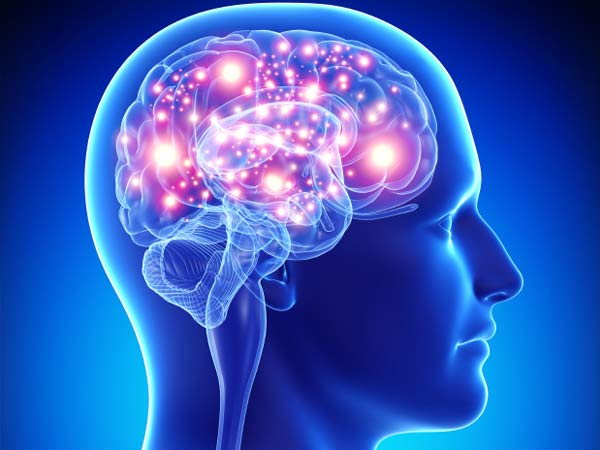How Stress and Anxiety Affect the Brain
Dread and anxiety are a characteristic reaction to risk; it could be the threat we see, the ones we catch wind of or the ones resulting from our imagination. A little dread is important to shield us from hurt since it makes the hypothalamus actuate the thoughtful sensory system and the adrenal-cortical framework, which combine their belongings to deliver the battle or-flight reaction. This response accelerates the body, increases glucose levels, empowers the muscles and briefly close down some trivial frameworks to concentrate all the body's vitality towards producing a crisis reaction.
From the speedy batting of the eyelids when a sharp question draws near to the eyes to the pounding of the heart and appearance of goosebumps everywhere throughout the body when we are terrified, we as a whole actually react to horrible outside boosts. At the point when the degree of dread is in tandem with the level of peril the body delivers a sensible reaction yet inordinate dread can cause genuine mental issues which in some cases can prompt emotional wellness challenges alluded to as an anxiety issue.
Amygdala and Hippocampus:
Many parts of the brain are involved in responding to fear yet the amygdala is the focal processing unit of dread. It is an almond-molded brain locale comprised of a heap of neurons. It is found on top of the brain stem and lies somewhere inside each average fleeting flap. It identifies potential threat and sends a flag to different parts of the brain to alarm and set them up for a reaction. Researchers found this impact of the amygdala when they played out a few tests on monkeys with an unhealthy or harmed amygdalas. They discovered that those monkeys did not respond when predators assaulted them.
In the human brain, the Hippocampus is the seat of learning and memory it reviews recollections and links them to show boosts. In Post Traumatic Stress Disease (PTSD) the hippocampus brings back to memory pictures from past traumatizing encounters and keeps the individual in a consistent condition of dread and distrustfulness. They always have flashbacks of the life-threatening occasions and get annoyed at whatever point they are confronted with awful reminders.
Dread, unending anxiety and PTSD can harm the brain. They cause a long haul change in the structure and capacity of the brain. These eventually result in a difference between the volume of white and dim issue, anxiety and state of mind issue, and learning challenges.
Low Serotonin in Women Makes Them Prone to Anxiety:
Serotonin, deductively known as 5-hydoxytryptamin, is a neurotransmitter which regulates the exercises of the amygdala. It quiets the amygdala and decreases the way it responds to fear. Studies have demonstrated that individuals with overexpression of serotonin or an increased number of serotonin transporters indicate less reaction to fear. Actually, the convergence of serotonin in women is lower than that communicated in guys. This diminished serotonin level is the motivation behind why women will probably get startled than men.
What does Stress, Fear or Anxiety Do to the Brain?
Chronic stress causes steep changes in the structure and functions of the brain, and can lead to the following;
Learning deficiency
Memory Loss
Increased risk of having stroke
Depression
Reduced brain size
Hormonal imbalance, osteoporosis, and heart problems, caused by excessive cortisol.
How to Cope with Stress and feel better?
According to experts the brain can naturally recover from the effect of stress. The following can help you to handle stress and recover gradually:
Regular exercise helps reduce the release of stress hormones.
Meditation is a vital tool that can help you take control of your mind.
A good sleep helps calm the nerves and control the release and effects of stress hormones.
Eating healthy meals nourishes the body and mind.
Medical therapy helps people get over PTSD
Fear is dangerous and can affect our health in more ways than we can imagine so we need to guide our minds carefully, avoid dangerous situations as much as possible and surround ourselves with pleasant people and memories which will stop us from reliving our past traumatic experiences.
If this artical help you please do some respect and upvote to continue my work UPVOTE & FOLLOW

Using irrelevant tags, especially popular tags, makes it hard to find good and relevant content.
Please try to use only relevant tags when posting!
#steemit
Please only use the “steemit” tag for articles distinctly related to Steemit, the website, itself.